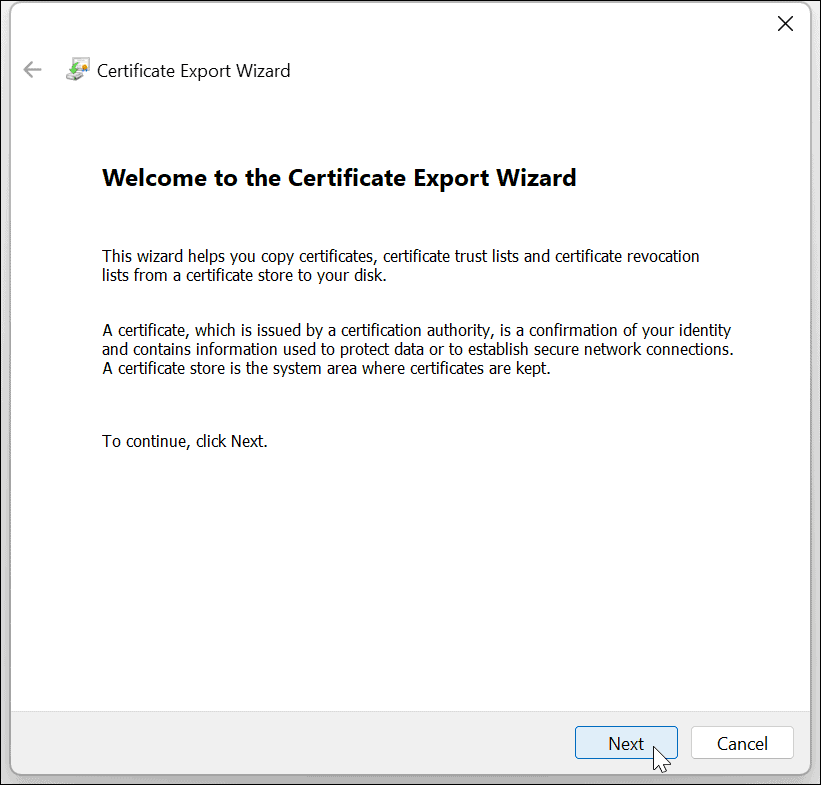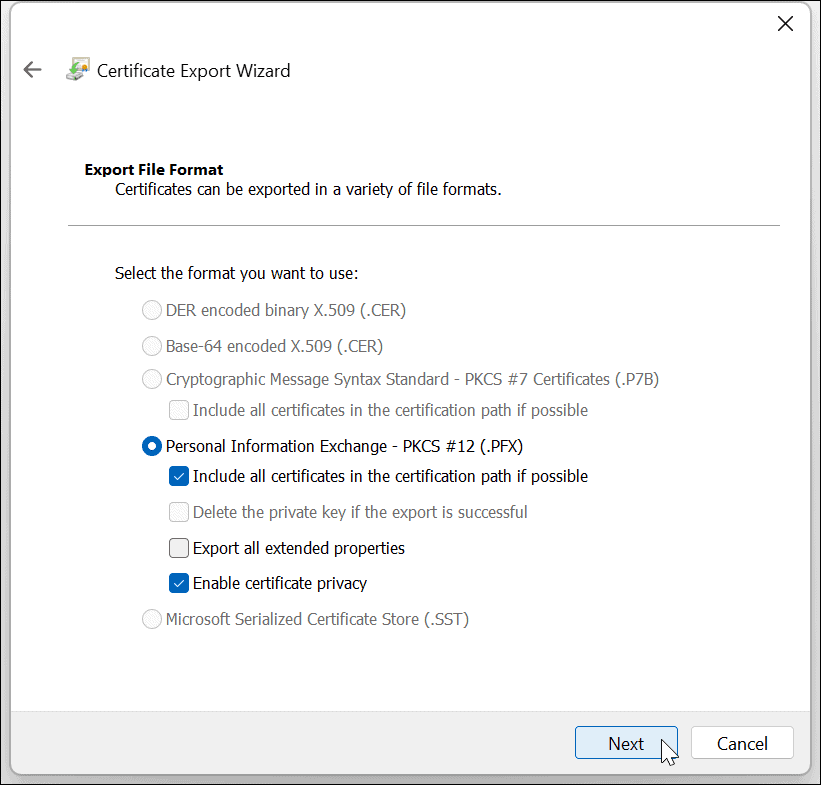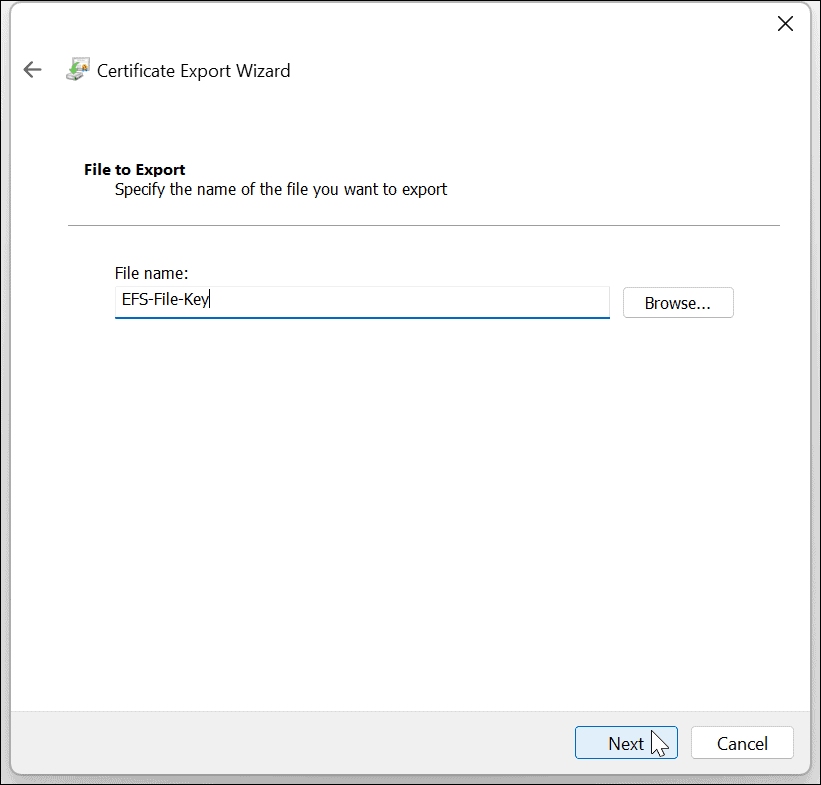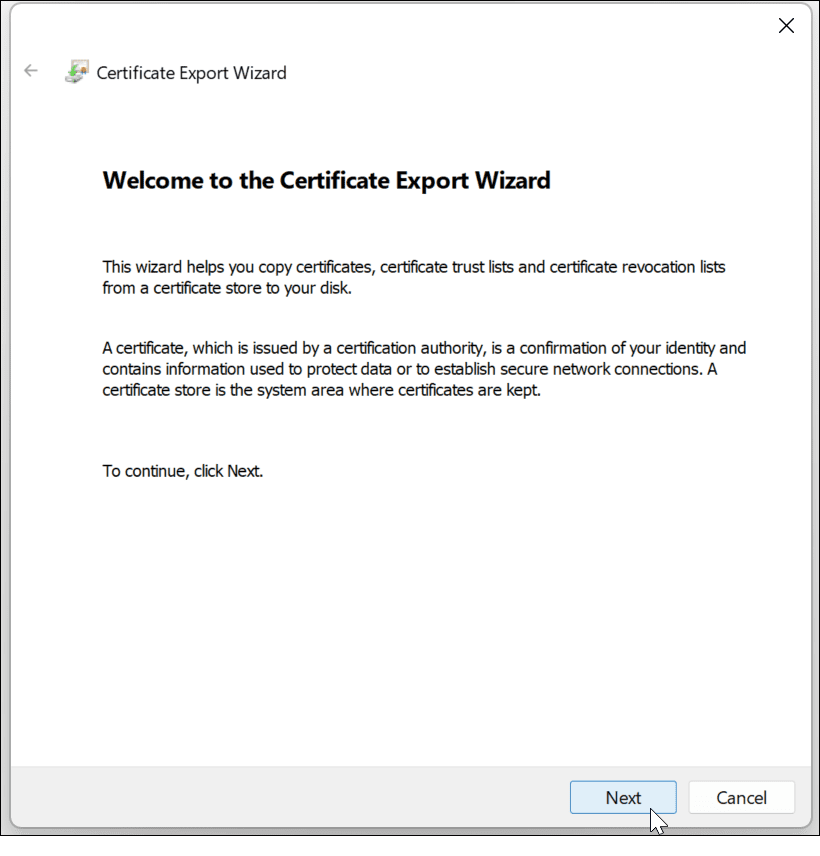Microsoft includes built-in encryption with its Encrypting File System (EFS), which is a service that you can use to encrypt drives, files, and folders. The encryption is tied to the user’s account and inaccessible to other PC users. EFS isn’t as secure as other encryption methods like BitLocker since the key is saved locally. Still, it’s painless and allows you to encrypt files and folders on Windows 11.
Encrypt Files and Folders on Windows 11
Like Windows BitLocker, EFS encryption can be used to encrypt the most critical files on your PC. Using built-in encryption is straightforward, and it is right at your fingertips. Also, since EFS is tied to your user account, we’ll show you how to back up your encryption key to a secure location so you never lose access to the files and folders. Note: To use EFS, your PC must be running Windows 11 Pro, Enterprise, or Education editions. EFS encryption is not available on Windows 11 Home edition. To encrypt a folder full of files or a single file, use these steps:
Back Up EFS Encryption Key
Following the encryption process, Windows 11 should notify you to back up your encryption key. While your EFS encrypted data can only be accessed using your Windows login credentials, it’s essential to back up the key. For example, if your drive became corrupt and you needed those files, you can only access them using the key. It might sound daunting to back up an encryption key, but Windows makes the process straightforward by following the wizard.
To back up your file encryption certificate and key, use these steps: If you ever lose access to your user account, you can use the backup key to access the EFS-encrypted files.
Backup EFS Key Without a Notification
If you happen to miss the EFS backup notification, you can still back it up manually.
Protecting Your Data on Windows 11
As Windows continues to mature, so do its privacy and security tools. And if you want an easy way to encrypt your files and folders on your home computer, EFS is straightforward encryption. So when you encrypt files and folders on Windows 11, you’ll have peace of mind knowing it’s secure. EFS isn’t as secure as BitLocker because the encryption key is saved locally and could leak into temporary files since the entire drive isn’t encrypted. However, Windows users have been using EFS encryption since the days of XP Pro. EFS will do the job for the average home user who wants to protect important documents and folders. Windows 11 has other protection tools for your PC, like TPM on Windows 11 and the ability to do a full system backup. And if you want to encrypt your portable drives, check out how to use BitLocker to Go on Windows 11. If you want to get the full benefits of built-in Windows protection, read about using Windows Security for maximum protection on Windows 11. And if you are not on Windows 11 yet, learn about encrypting files and folders on Windows 10 with EFS. Comment Name * Email *
Δ Save my name and email and send me emails as new comments are made to this post.
![]()

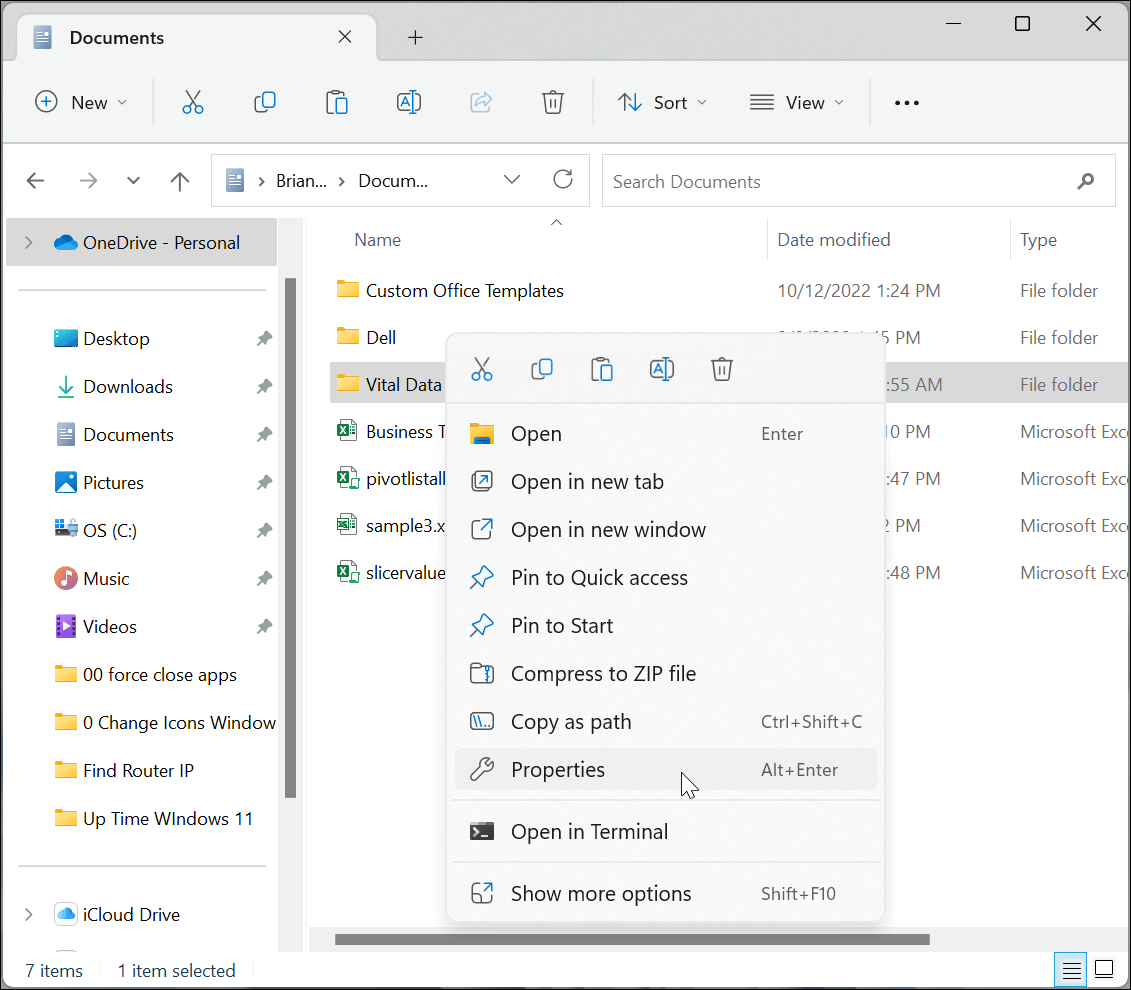
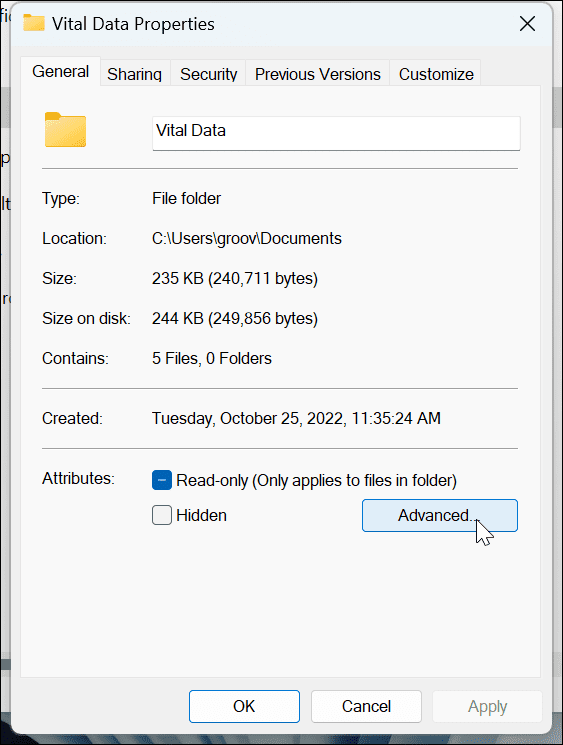

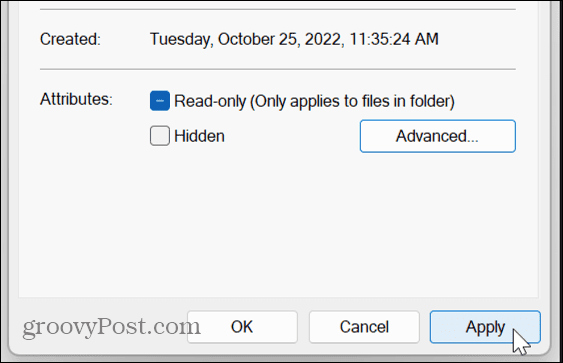

![]()



